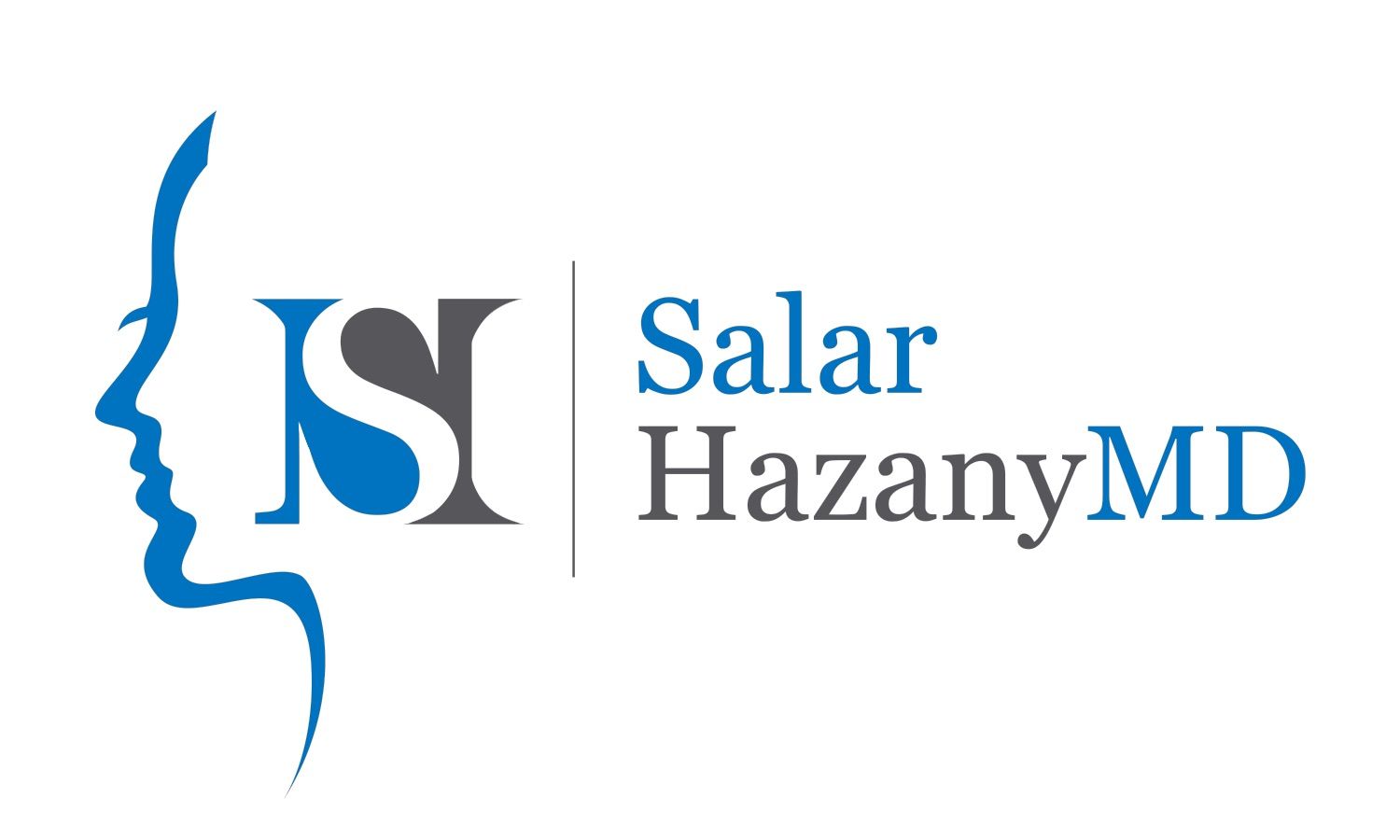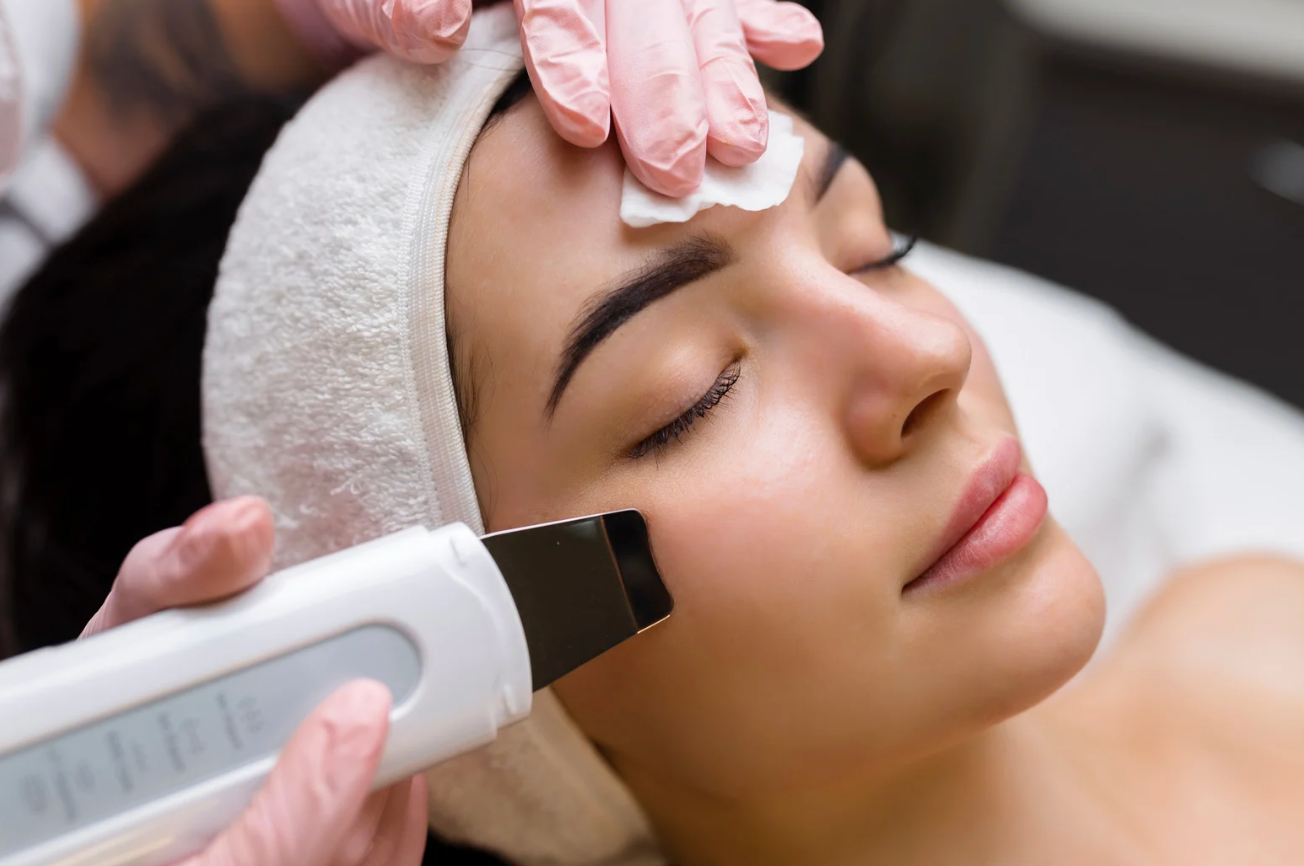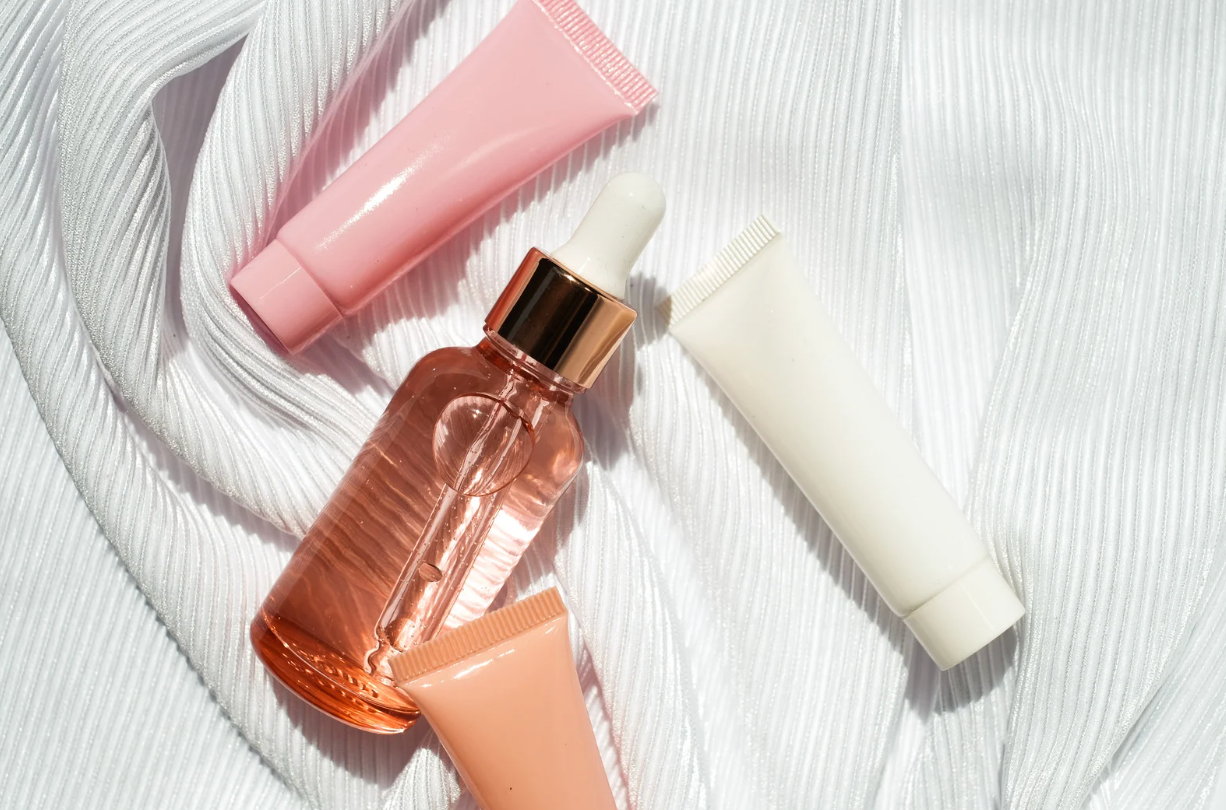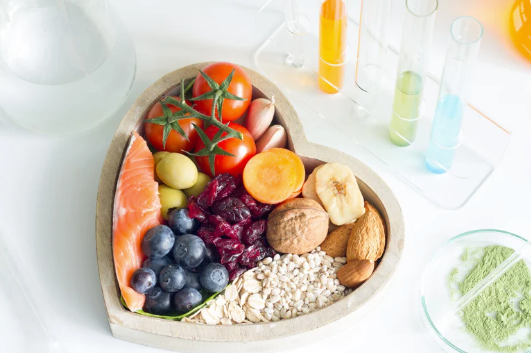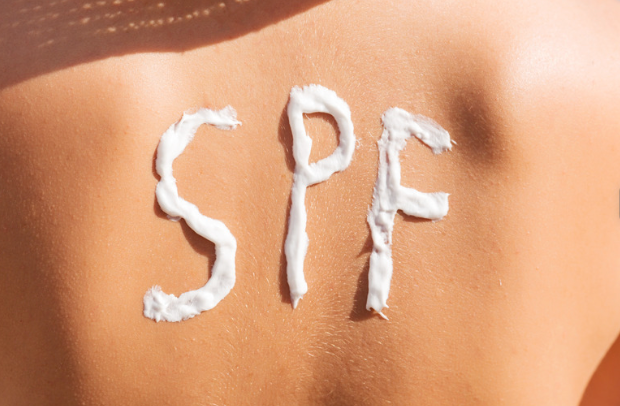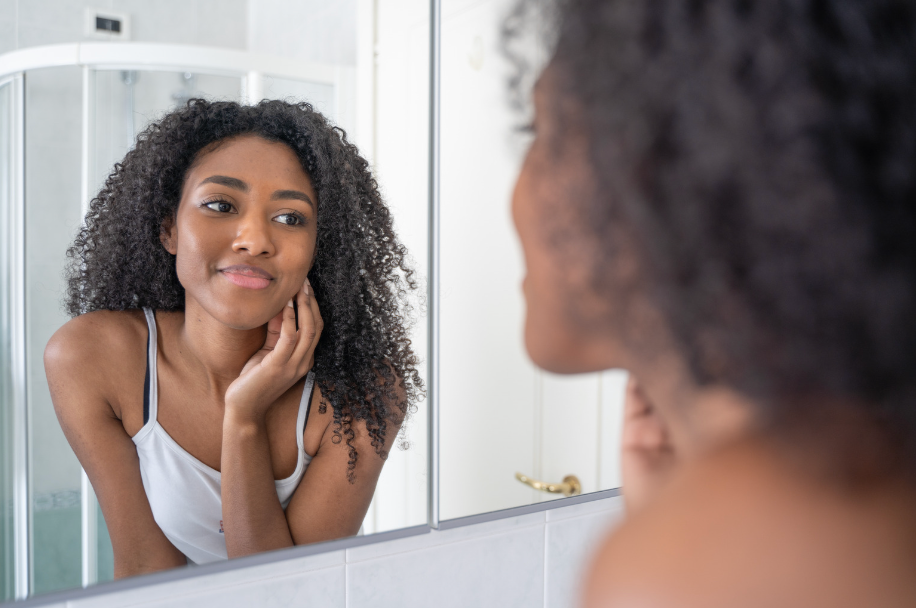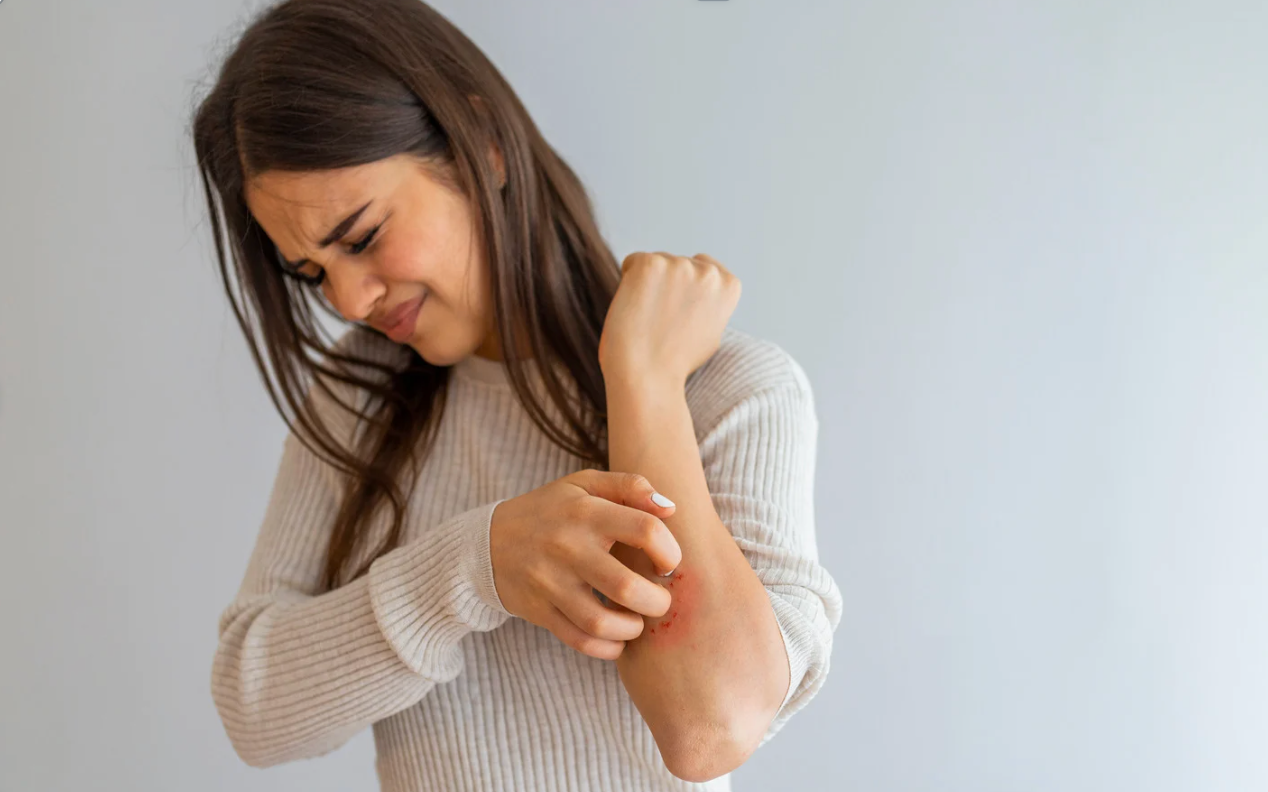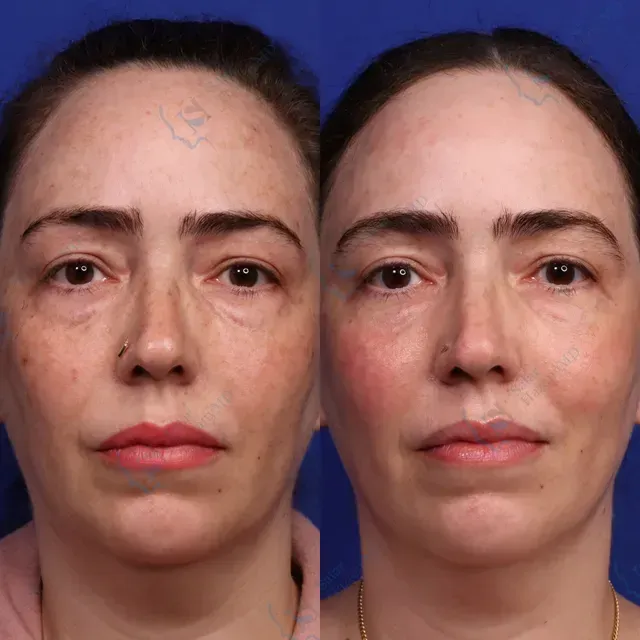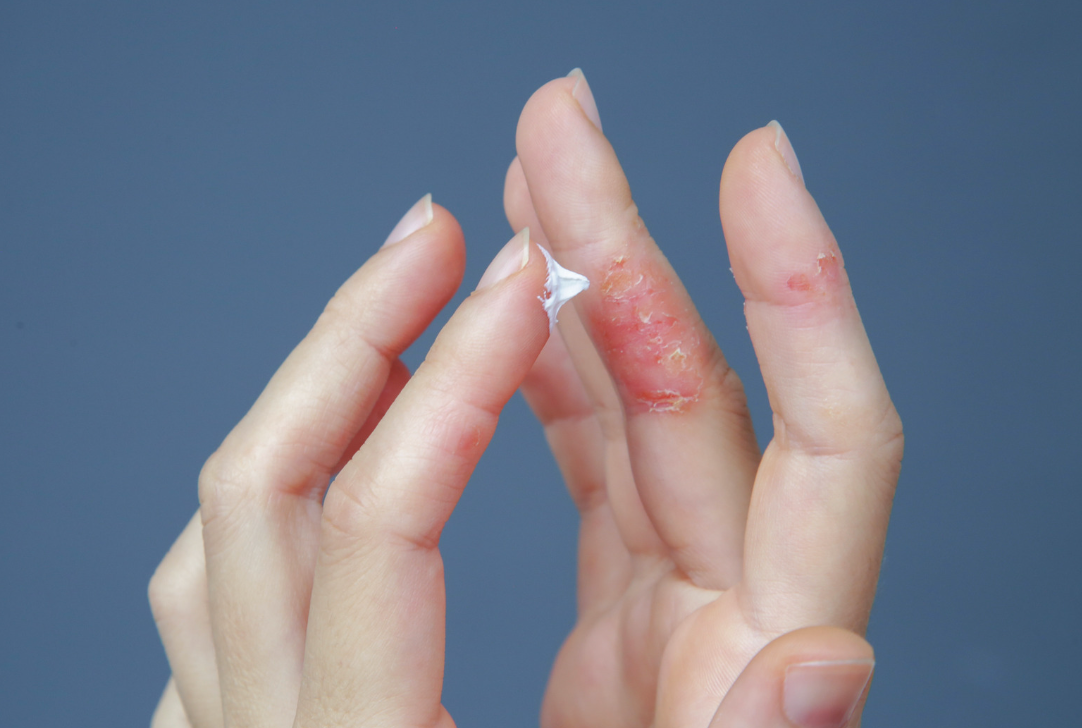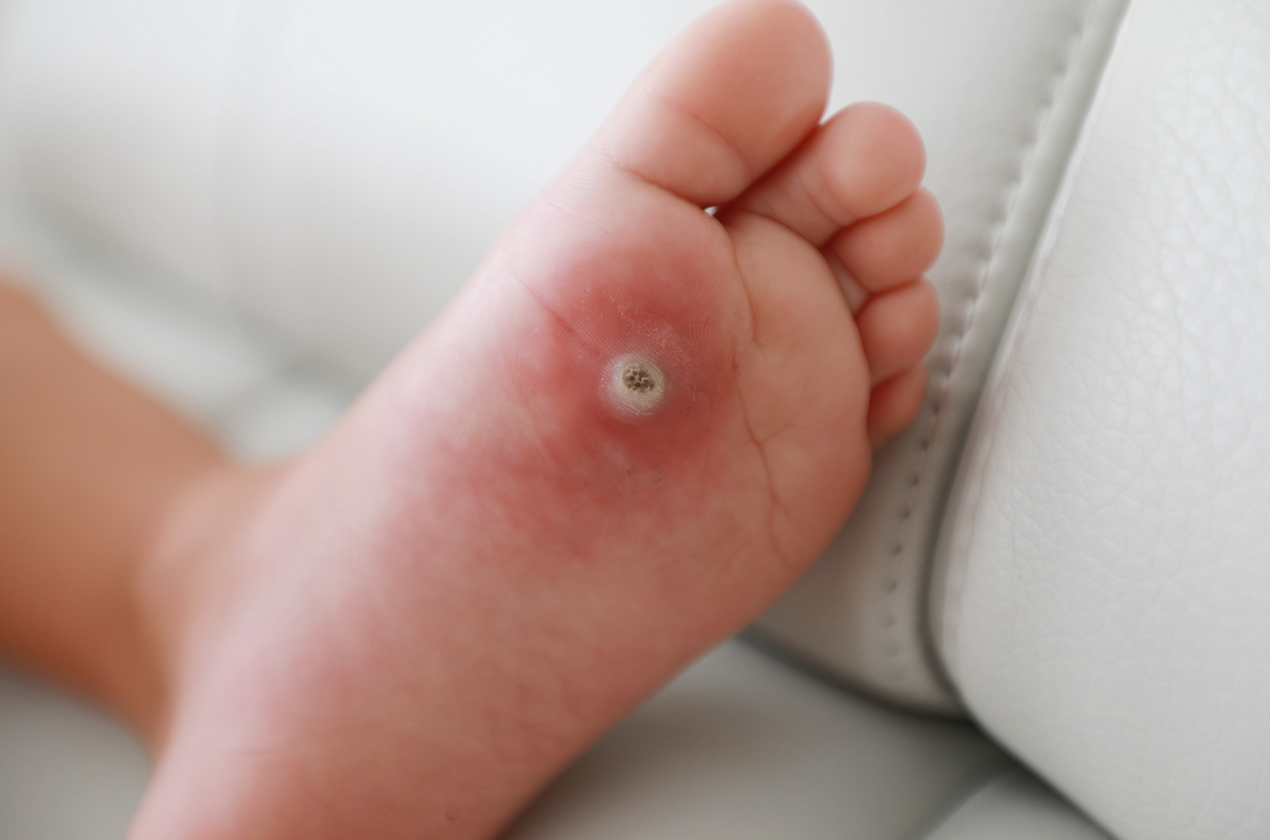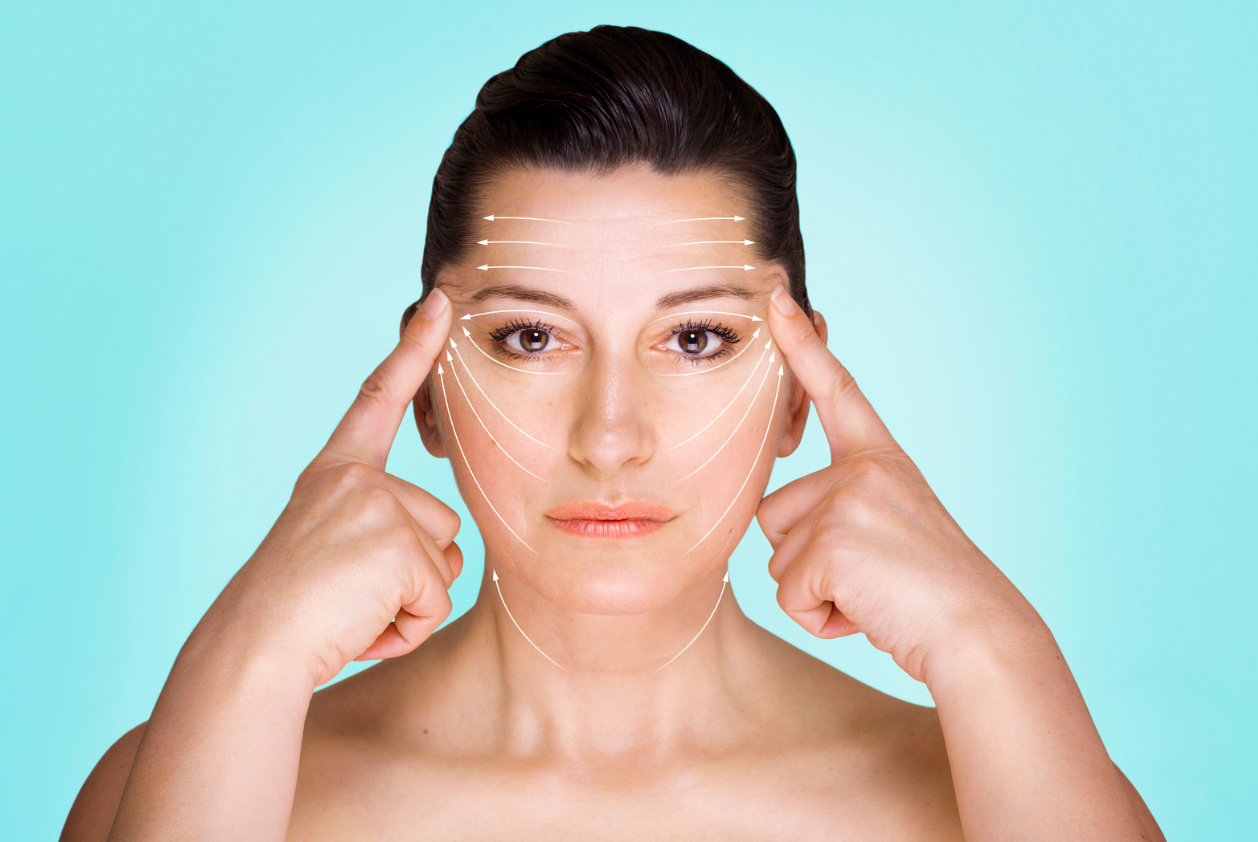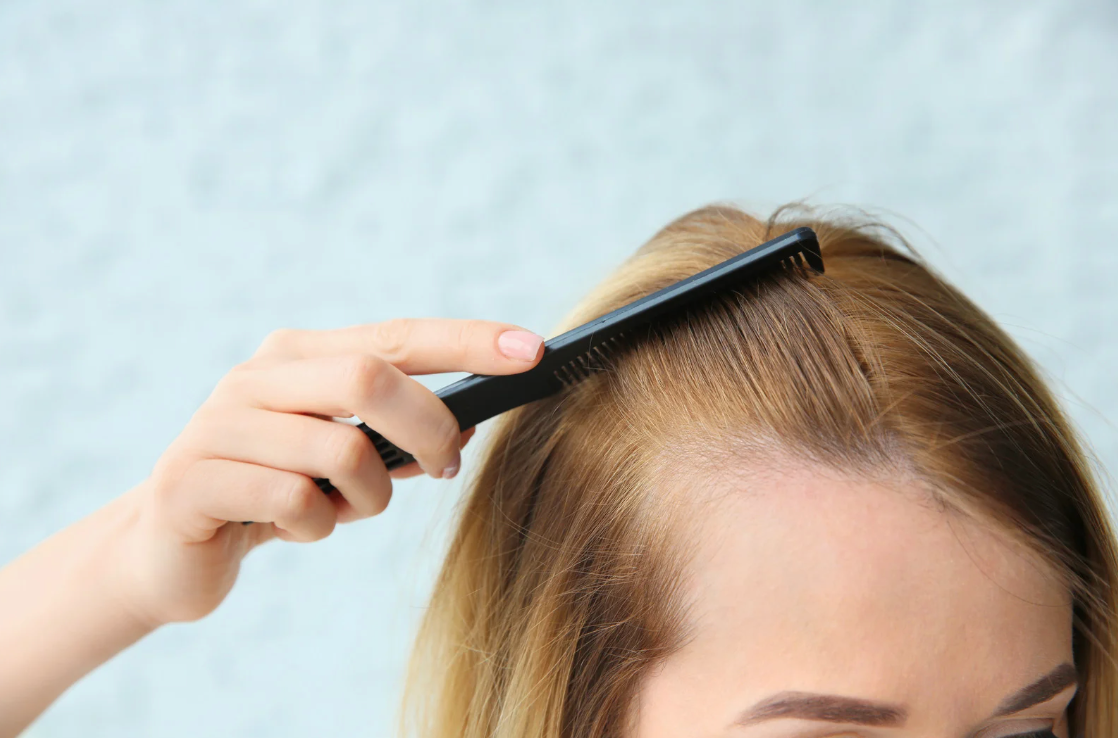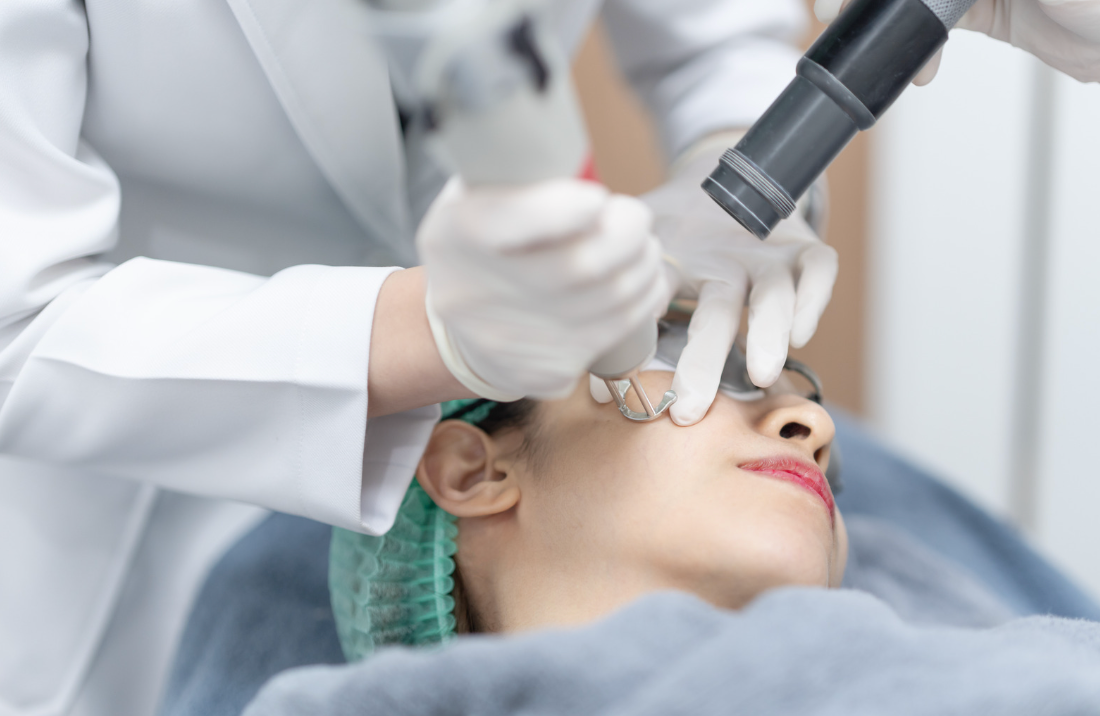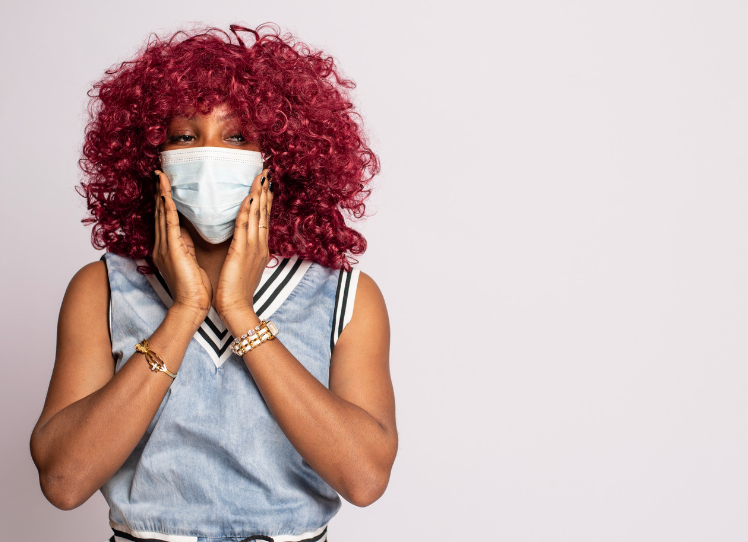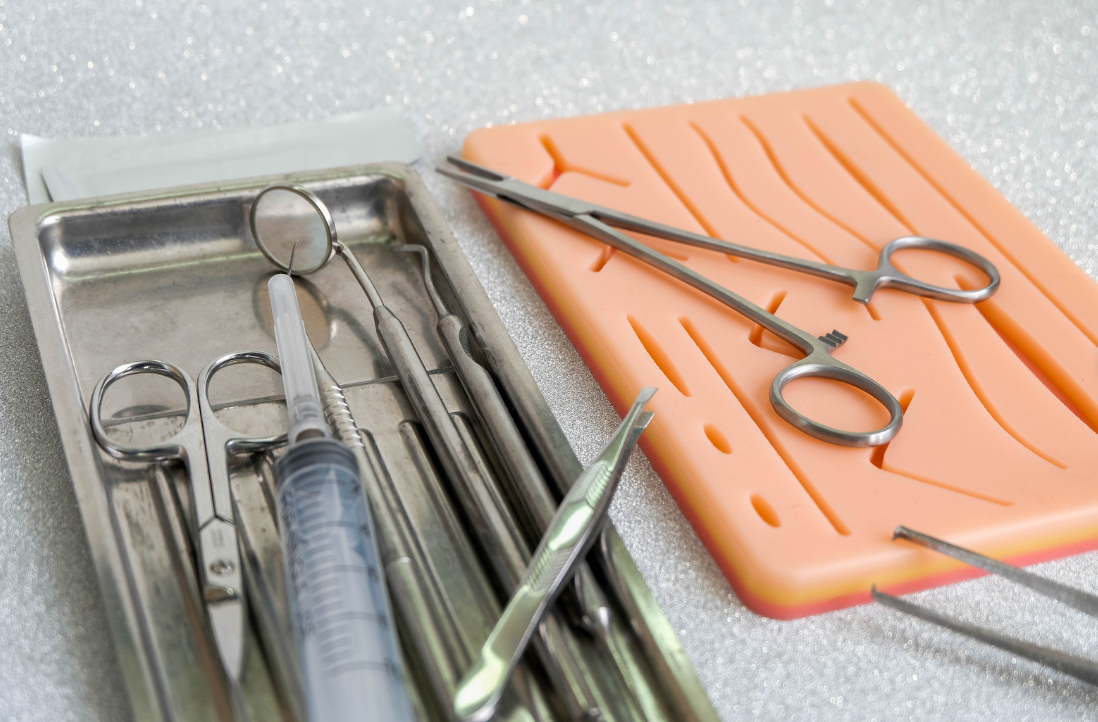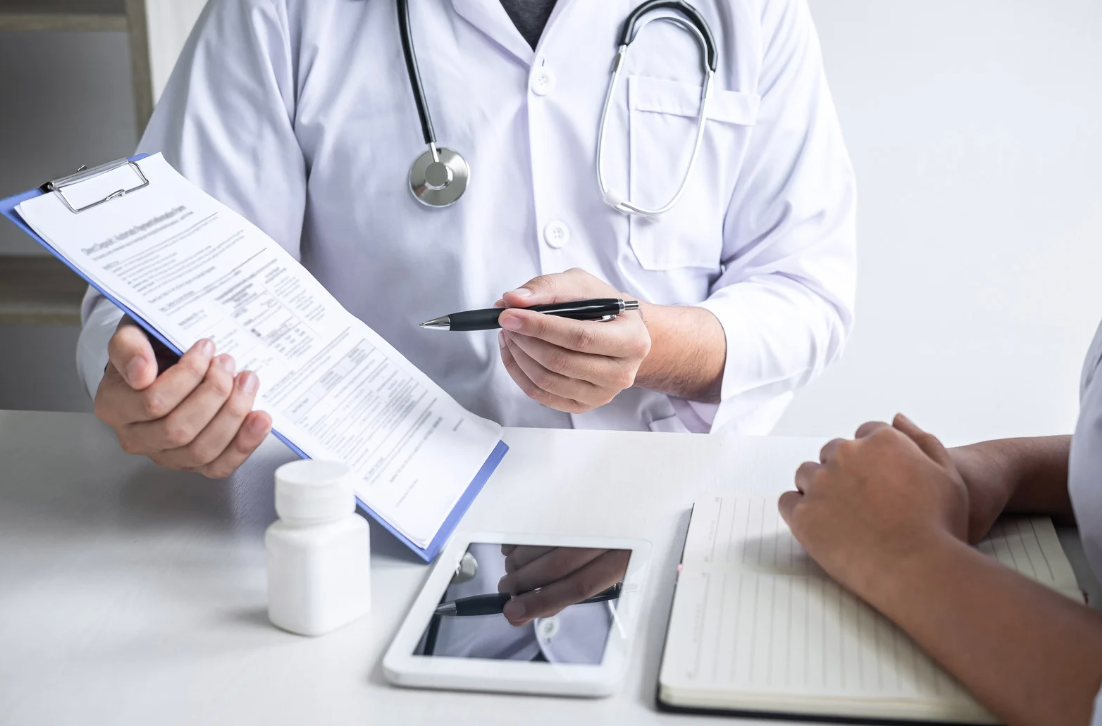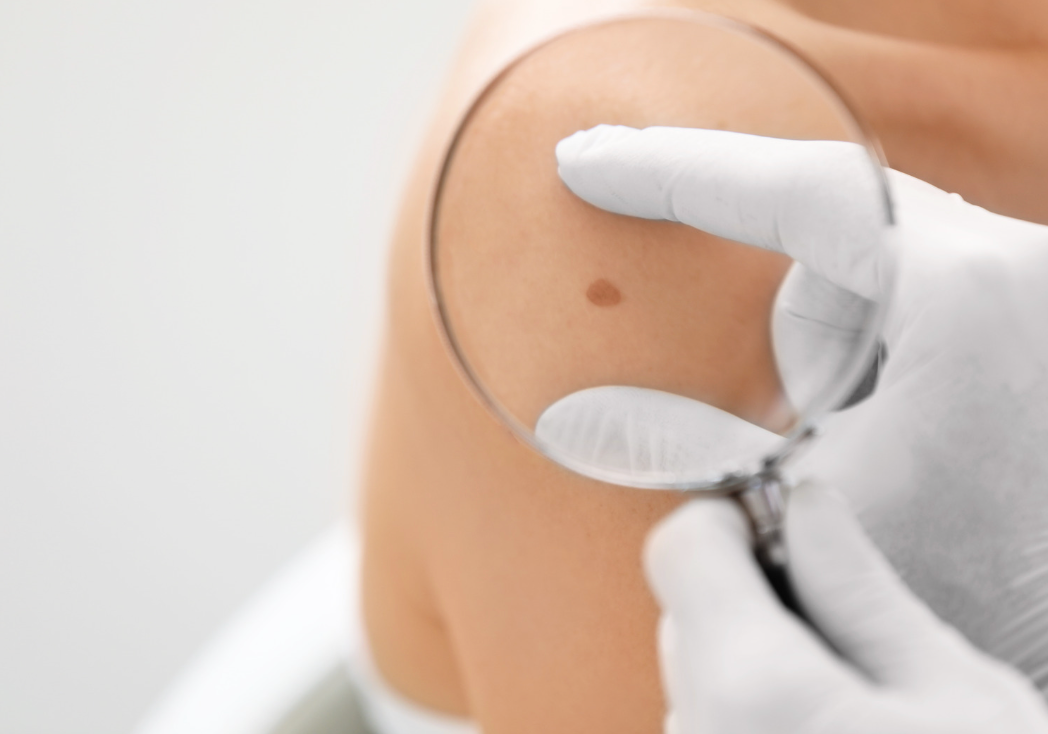By Salar Hazany
•
July 12, 2023
With the advancement of acne therapies through extensive research, technology, and pharmacology, the market for acne treatment products has become extremely saturated. This market saturation has made it hard for consumers to identify the best products for their skin. While each patient’s skin is different and requires a unique combination of treatments, there are a couple of widely available over-the-counter (OTC) home remedies that have proven to be effective on a majority of skin types. Dr. Salar Hazany, a board-certified and well-established dermatologic surgeon, recommends exploring some of the following treatments and remedies to see which is the most compatible with your skin. Since every skin type responds differently to treatments, there is no particular ranking of efficacy for the following: #1 Benzoyl Peroxide Benzoyl peroxide is a popular recommendation backed by dermatologists. It is a highly effective ingredient for killing bacteria and clearing the skin of waste and dead skin cells, all of which clog pores and cause acne. It is also a very strong exfoliating agent that works synergistically with other products to treat acne-prone skin. Benzoyl peroxide, however, doesn’t work for all types of acne. Specifically, non-inflammatory acne, including comedones and whiteheads generally do not respond much to benzoyl peroxide’s mechanism of action. Other topicals, such as salicyclic acid (as described below), are better alternatives to benzoyl peroxide. There are many forms of benzoyl peroxide available, including topical gels, foams, and creams. It is important to apply a small amount only on the affected areas, unless otherwise instructed, as this is a strong chemical. Before doing so, however, it is important to test the product on a few spots first to see how your skin reacts. Because benzoyl peroxide is an exfoliant, it can cause extreme dryness and redness on the skin. Patients should adhere to the most minimal dosage recommended, as higher doses are not necessarily going to yield better acne reduction. In addition, benzoyl peroxide is a bleaching agent that can discolor fabrics that come into contact with the treated skin. #2 Salicylic Acid A comparable alternative to benzoyl peroxide is salicylic acid, a topical peel that is especially effective against comedonal acne, such as blackheads and whiteheads. Salicylic acid is a beta hydroxy acid, a more penetrative version of alpha hydroxy acids that goes deep into clogged pores. Beta hydroxy acids are oil-soluble, meaning they can pass through the lipid layer of the stratum corneum, the top layer of the epidermis, to remove dead skin cells and excess oil trapped in the pores of the dermis. Although salicylic acid is an efficacious treatment for comedonal acne, benzoyl peroxide is still more effective for treating acne lesions that are more pustular in nature, due to its unique potent anti-inflammatory and antimicrobial properties. However, it is generally not recommended to use both products at the same time, as this could lead to severe dryness and redness. It is best to apply a sparing amount of each product on different days to avoid these side effects. Benzoyl peroxide and salicylic acid are found in many over-the-counter medications sold at local pharmacies. Benzoyl peroxide and salicylic acid medications come in concentrations of 2.5%, 5%, and 10% and 0.5% to 2% respectively. It is best to speak with your dermatologist to see what concentrations are optimal for treating your particular skin issues. #3 Glycolic Acid Glycolic acid is a type of alpha hydroxy acid that gently exfoliates the skin. Its mild effects make them great treatment options for acne-prone patients who also struggle with sensitive skin. These are plant-derived acids often utilized in anti-aging serums and creams marketed to older patients who want to treat their age/sun spots or just general discoloration of their skin. Because glycolic acid is not as strong as most facial chemical peels, it is quite limited in its application. It can surely prevent acne breakouts by clearing pores and removing impurities on the skin, but it is not potent enough to treat acne scars. At most, it can treat any hyperpigmentation associated with scars but will do little to the actual texture. If you are looking for an even more gentle alternative, lactic acid is also a good exfoliant as well as a hydrator. One downside is that the results will not be as noticeable at such a low strength. However, with multiple sessions, you can expect to see a considerable difference in your skin. #4 Vitamin C Vitamin C serums have also gained tremendous momentum as a skincare oral supplement. While benzoyl peroxide is considered the holy grail of acne treatment, more recent research suggests that Vitamin C serums are a much better alternative for certain skin types. Because Vitamin C is a 100% natural ingredient, it can lead to better results for people with sensitive, easily inflammable, or irritable skin. While benzoyl peroxide is praised for its antiseptic and exfoliating properties, Vitamin C is a potent antioxidant, protecting your skin from oxidative damage from the sun while also boosting collagen production at the same time. Regular Vitamin C supplementation is thus one of the most important habits to develop to prevent not only premature aging of the skin but also skin cancer. #5 Ointments, and Lotions (Hydrocortisone) Hydrocortisone is an FDA-approved drug for inflammatory skin conditions that cause swelling, itching, and irritation of the skin. For patients that are currently experiencing psoriasis, eczema, or other irritable skin conditions, hydrocortisone (1%) OTC medication is a safe, low-dose, topical steroid medication that can provide temporary relief to the symptoms listed above. At the biochemical level, hydrocortisone essentially mimics cortisol, a natural hormone released during periods of high stress. Cortisol plays a major role in the regulation of carbohydrates, fats, and proteins as well as other sympathetic nervous system fight-or-flight responses, including the body’s natural inflammatory response to high-stress situations. Hydrocortisone can act as a hormone replacement to treat other cortisol deficiencies, like adrenal insufficiency and hypopituitarism. In low concentrations, hydrocortisone is an effective measure against dry, rashy, and irritable skin. In addition to hydrocortisone, there are other commonly used topical corticosteroids available for patients to buy OTC, including triamcinolone, fluocinonide, and clobetasol. Before starting these medications, however, it is recommended that you consult a board-certified dermatologist to ensure proper application and dosage of the topicals listed above. Honorable Mentions and Alternatives #1 Tea Tree Oil While there are many conventional methods of treating acne, especially with creams and prescribed medications, essential tea tree oil is a natural remedy that really works! While there are still clinical trials being completed to extensively study the effects of tea tree oil, many researchers have concluded it is an effective antibacterial and anti-inflammatory remedy. In particular, its anti-inflammatory properties are conferred by its primary constituent, terpinene-4-ol, a known suppressor of pro-inflammatory mediators released by a specific kind of white blood cell, called monocytes. These monocytes are naturally activated when bacteria accumulate in clogged pores, resulting in vasodilation and inflammation. When tea tree oil is applied to the affected area, it penetrates deep into the dermis to kill the bacteria and calm the body’s naturally prolonged immune response. #2 Aloe Vera Another common herbal home remedy for skin is aloe vera, a topical gel-like substance derived from plants. Acting as a natural antibacterial and anti-inflammatory agent that can reduce the appearance of acne and prevent acne outbreaks, it is a popular alternative to conventionally prescribed medications. Because aloe vera is derived from a plant, it naturally contains a lot of water and is an ideal moisturizer for people who get dry skin from the usage of other non-compatible acne products. While there are many home mixtures of aloe vera and tea tree oil with other moisturizers, it is important to get a consultation with qualified professionals and see which one might work the best for you. Key Takeaways and Reminders While these remedies are often advertised as easy quick-fixes, it is important to recognize that each individual skin type is different and requires specialized treatments. Here are some recommended tips that should be practiced for all skin types. It is important to practice regular everyday skincare routines, such as washing your face twice a day, applying sunscreen before exposure to sunlight, avoiding touching your face with dirty hands, or following a dermatologist-recommended skin care regimen. In addition, regular exfoliation is helpful to not only improve skin tone but also reduce the appearance of dark spots, scars, and other irregularities over time. Regular exfoliation will also help in removing dead skin follicles, bacteria, and oil. There are many facial wash options on the market, so make sure to do your research before committing to a purchase. Before taking any medications, over-the-counter drugs, supplements, or herbs, consult a physician for a thorough evaluation. We do not endorse any medications, vitamins, or herbs. A qualified physician should make a decision based on each person’s medical history and current prescriptions. The medication summaries provided do not include all of the information important for patient use and should not be used as a substitute. Remember that although acne is a persistent and stubborn problem for many patients, we truly believe that every case of acne can be cured. Schedule your consultation today to achieve your desired skin results and let our team help you!

